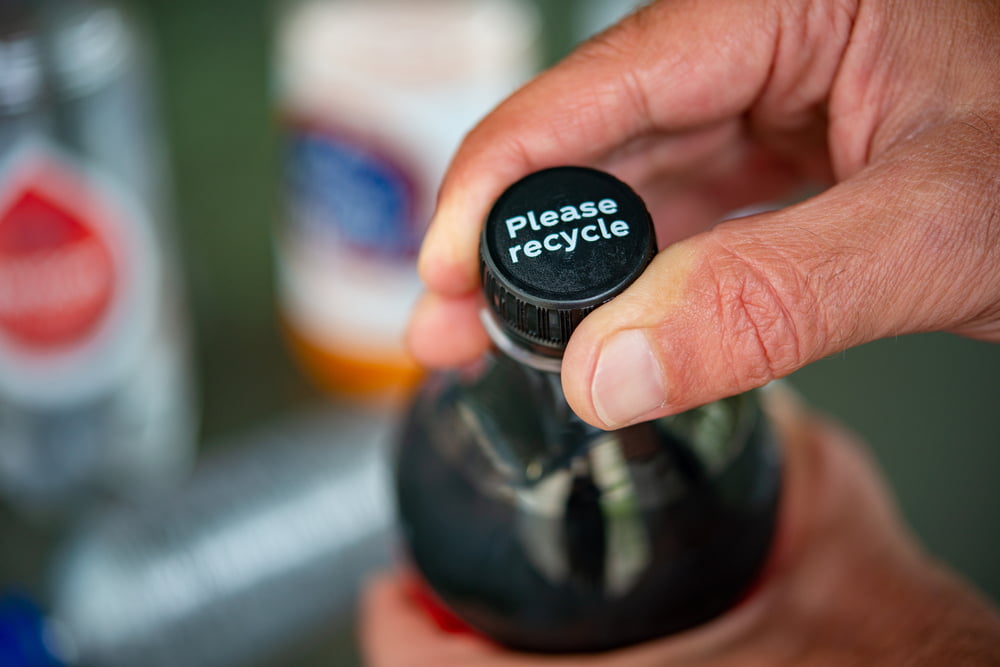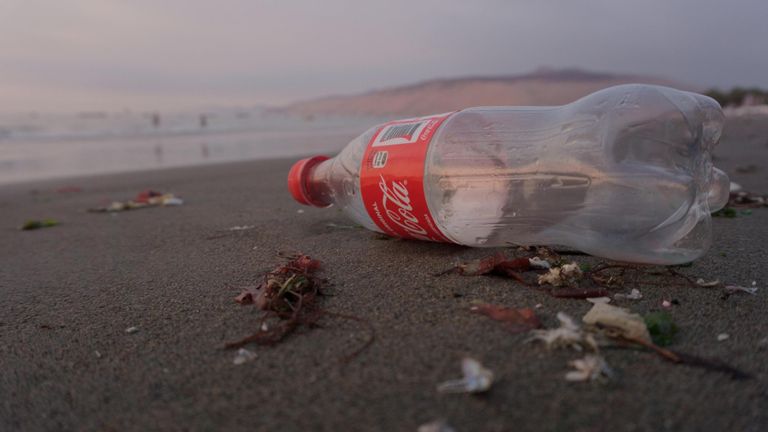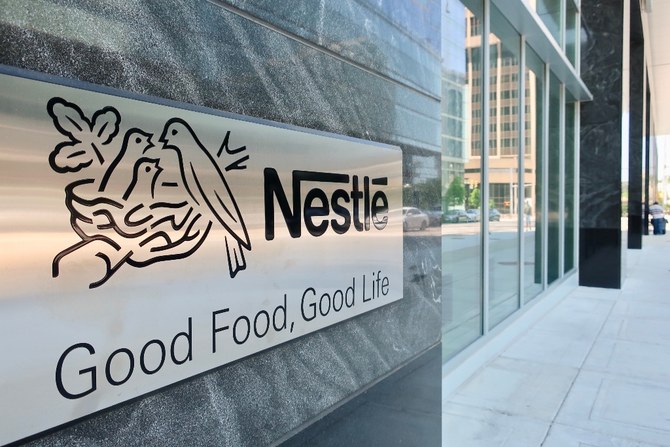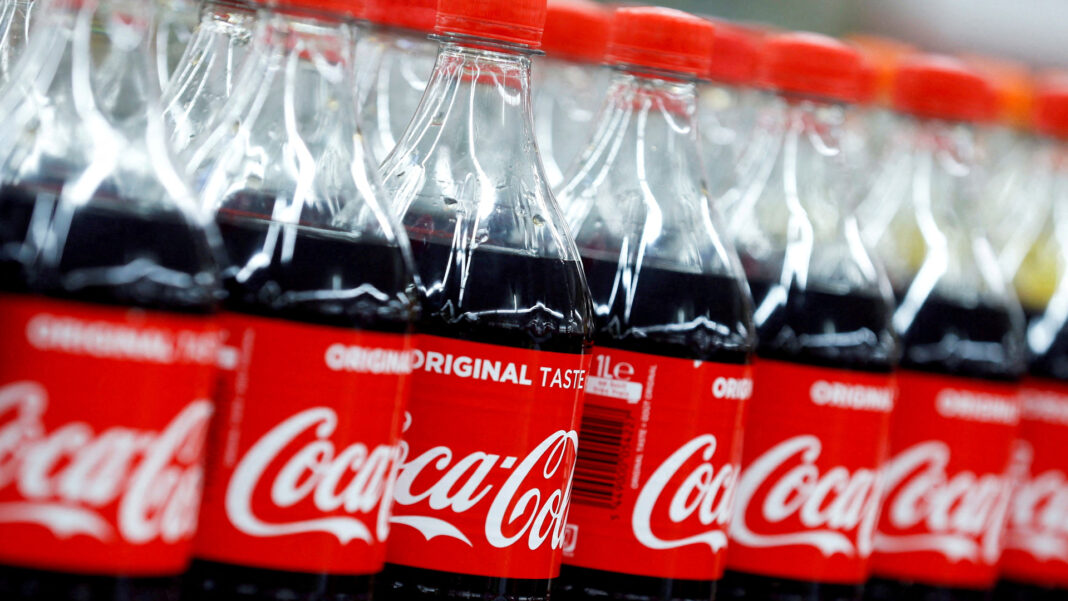Coca-Cola, Danone, and Nestle have faced allegations of deceptive advertising regarding the “100% recycled” status of their plastic water bottles. Two environmental organizations and a consumer organization have filed a formal complaint on the alleged greenwashing with the European Commission.
They contend that no 100% recycled material is ever used to make the bottles. Nestle announced it was reducing its usage of plastic packaging, while Coca-Cola stated that its assertions about packaging could be verified. Danone declared that it would continue funding recycling-related infrastructure. When a company presents a product as more sustainable, green, or eco-friendly than it actually is, it is accused of greenwashing. When buyers choose these items in the hopes of protecting the environment, they may be misled.

The main subject of the complaint filed with the European Commission is the claims made by companies that offer single-use plastic water bottles that are either 100% recyclable or 100% recycled. This is deceptive, especially when combined with green branding or images, according to the European Consumer Organization, which is supported by the environmental organizations ECOS and Client Earth. They maintain that recyclable materials are never used in their entirety and that the availability of certain infrastructure is one of the factors affecting the bottles’ capacity for recycling. “The data is unmistakable: in Europe, plastic water bottles aren’t recycled repeatedly to create new bottles,” stated Rosa Pritchard, a plastics attorney with ClientEarth.

Achieving a ‘100% recycling rate for bottles is not technically feasible, and merely using recycled plastic in bottles does not absolve them from their negative impact on people and the environment. Highlighting recycling as the only remedy for the plastic crisis is deceptive; instead, businesses should focus on reducing plastic production at its origin. Coca-Cola responded by stating its commitment to reducing plastic packaging usage and investing in recycling efforts equivalent to its packaging consumption. They also emphasized their commitment to honest and transparent messaging on their packaging, providing consumers with the information needed to make informed choices.

“We print messages on our packaging to promote recycling awareness. These messages provide information about whether our packages can be recycled and whether they are made from recycled materials,” stated a Nestlé spokesperson. They added, “We are committed to reducing our plastic packaging usage, investing in and supporting circular packaging initiatives in collaboration with partners, and ensuring transparent communication with consumers who seek informed choices. Nestle has already reduced its use of virgin plastic packaging by 10.5% since 2018, and we are on target to achieve a one-third reduction in virgin plastic usage by the end of 2025.”

In a statement, Danone expressed their dedication to promoting packaging circularity and their ongoing investments in and leadership of efforts to improve collection and recycling infrastructure in partnership with others. If the European Commission accepts the complaint, it may lead national consumer agencies to coordinate their response before taking appropriate action. One possible solution to this issue could be to request that the corporations make the necessary corrections or apply internal penalties. Penalties are not within the commission’s jurisdiction to enforce.
- Misleading Video Alters Prime Minister Shehbaz’s Speech Targeting Political Rival, Not His Party - 21/04/2024
- ATC Grants Three-Day Remand for Suspects in Ichhra Bazaar Harassment Case - 19/03/2024
- Pakistan, India, and Bangladesh Lead World in Severe Smog Crisis, Exceeding WHO Guidelines - 19/03/2024


